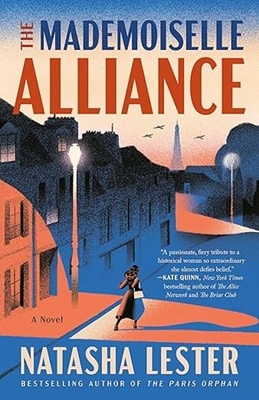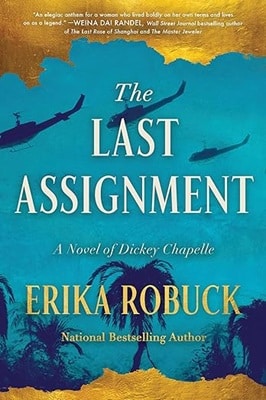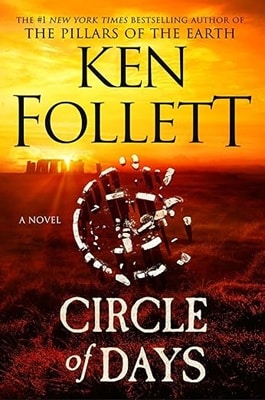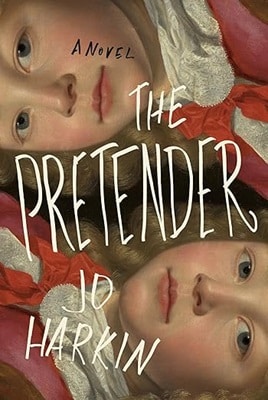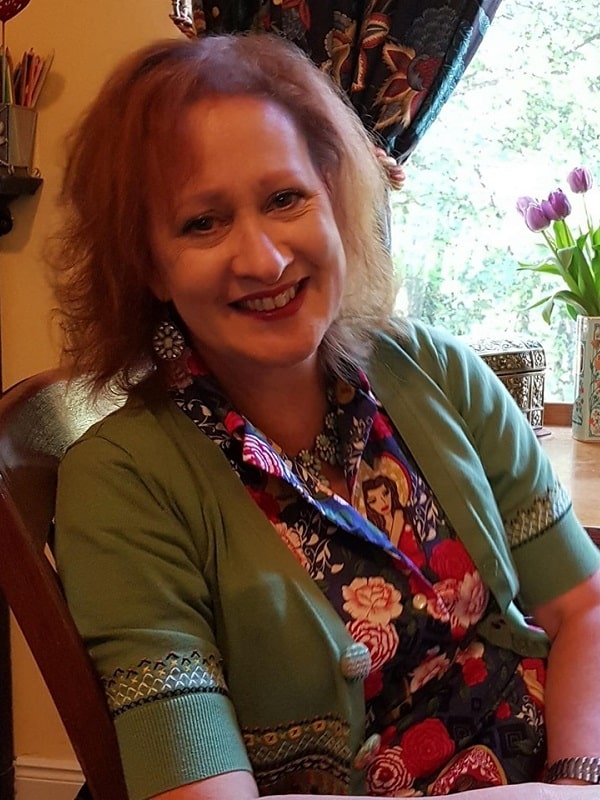
Catherine has followed a rather meandering career, including marketing and teaching and politics (don’t try and join the dots), to get where she has always wanted to be, which is writing historical fiction. She is a story lover as well as a story writer and nothing fascinates her more than a strong female protagonist and a quest.
Q How did you get the idea for the series?
Cathy: It is a four-book series. We first meet Hanni in the first book, at the age of ten in 1933 and by the end of the last book she is about 39. The overriding arc has Hanni trying to fulfill the promise she made to herself to bring her father to justice using her photography skills. The idea for the series started because I am interested in photography. I consider myself good, but my father was brilliant. My brother is a professional photographer. Sometimes they don’t seem to realize about the dangers. I wanted to start off with a young photographer, Hanni, in Nazi Germany and then see her development. This last book is set during the Cold War.
QWhat role does photography play in your stories?
Cathy: Hanni feels she uses it to tell a story. She grows up in a Nazi household. I have always been fascinated by war photographers and how they walk forward into danger. They have a different way of framing the world. While I am all about words, they are all about pictures. I put in this book quote, “With her heart and feelings and eyes she took pictures of the real Germany.” I wanted the idea of Hanni using the camera to show what it is really like underneath the photograph because the Nazis used photos to manipulate things.
Q How would you describe Hanni?
Cathy: Curious, comes from a broken family, very loyal, and guilt ridden. She feels huge guilt because she thinks she did not do enough to stop the Nazis. Her father taunts her with this in the first book, telling her she never published her pictures or joined the resistance.
Q Is Hanni a complex character?
Cathy: She has a massive guilt for being a part of the silence, for being complicit. Yet, when offered a scholarship to photography college by Joseph Goebbels, the Minister of Propaganda, she took it. She is not just black and white. Metaphorically she shut the windows and did not shout. She did do an inner search and decided to rectify. She does have a strong sense of justice. She is incredibly naïve about what was being done at the Theresienstadt Camp by her father. She goes on this big learning curve.
Q How has Hanni grown from book one to book four?
Cathy: She acquired forgiveness. Hanni had to come to terms that she must take responsibility for what happened in her life. She went along with the Nazi lifestyle. She eventually realizes she had complicity in what happened. Both she and Freddy, the hero, had to learn to be kind. By book four she gained a lot of strength.
Q Why the murders in the first two books?
Cathy: In the first book, The Commandant’s Daughter, he meets Hanni at the site of a crime because she is photographing it. This was a way for them to meet. Hanni was a photographer and Freddy was a German detective. As with all photographers Hanni was detailed, obsessed, and can ‘home in on something’ and take a bunch of photographs from different angles. She saw things with an eye Freddy did not see. The book is set between 1945 – 1947. Book 1 and Book 2 are about serial killers.
Q How would you describe her father, Reiner?
Cathy: A dreadfully horrible individual, a complete narcissist. Pure evil, ruthless, vengeful, and likes to bait and humiliate Hanni. He does not have a moral compass. In book 1, 2, and 3 she tries to bring him down but fails. He ruins her life in book 3. It becomes Hanni versus Reiner but she does not have the skills or contacts to bring him down. He always ends up hurting everyone around her who tries to help her.
Q Do you want your readers to question how much could an individual have done to stop what was going on?
Cathy: She should have done more. I did admire the people who did try to do something. In Germany post 1945 no one wants to speak about the war. In the 1940s and 1950s there was no dialogue about what happened. The reason I set the last book in the 1960s is because the Eichmann trial changed everything. This spurred Hanni to do something against her father.
Q Tell us about the moral dilemma of the characters.
Cathy: In book 1, Freddy was a detective yet had to stop a serial killer from murdering Nazi officers. I deliberately wanted the first case of Freddy to be challenged. He had to figure out if he wanted the killer to be caught or to allow the murderer to rid the world of more Nazis. He faced the dilemma of what his job demanded of him and what his conscience demanded. Hanni had to come to grips on what she did during the war and tell Freddy. She did feel guilty all the time but had to realize there is a difference between guilt and responsibility, owning up to what she did. Even the serial killer in the first book had a moral dimension, thinking he did the correct thing by getting rid of people he thought let the army down. Tony, the serial killer in the second book, grieved in a twisted way. All these characters think they are doing the right thing in their strange universe.
Q But Hanni did try to do the right thing, correct?
Cathy: In the Concentration Camp Theresienstadt she did take photographs to document what was really happening and show the world. She very much wanted to stand witness, but it took her a long time to get the courage to do it. Her father, a Nazi commandant, is pure evil, and taunted her by saying she did nothing with the photographs for a long time and never joined the resistance. There was a gap between what she wanted to do and the action to do it. She had to get that strength of character.
Q Did Leo, Hanni’s child, ask all the correct questions in book 4?
Cathy: The book quote by Leo, “Because you say all those things, but I do not know if they are true. Everyone repeats the same number all the time. Six Million Jews were murdered in the war. But then they say nobody in Germany knew what was happening. How can that be right. It does not make sense. Why didn’t somebody stop them? Why didn’t he (Reiner) go to jail at the end of the war? Why aren’t the jails bursting with killers?”
Q How would you describe Freddy’s sister, Renny, in the books?
Cathy: She is angry, lonely, and fearful. She becomes a Zionist. The third book is all about her. She was a confused and horrified little girl, yet she recovered. She never trusted those in Germany after the war. Israel became Navana for many. She is the opposite of Freddy who puts his head down and ignores a lot, even after the war. He wants to build a future and not be stuck on the past. She feels it means nothing has changed. She knows how bad it is and wants to fight. She ends up being able to overcome her anger and project it for good. She was a counterpoint to Freddy. He was culturally Jewish but not religiously Jewish. Renny says “I don’t want to live in a pact suitcase anymore.” It was a common feeling for those Jews still in Germany among her age group, that Germany can never be safe. She wanted to move to Israel and did not consider herself German like Freddy did. Even today the right wing is getting stronger in Germany.
Q What about the relationship between Hanni and Freddy?
Cathy: She has lied to him and until book four does not come clean with Freddy. This is what ruptures them. He had a lack of trust. There are layers that prevent them from getting together, which they need to overcome. They need to work out their problems. When they first got together, they were not ready for each other. Both had to mature and realize the relationship was worth holding on to. Originally the series was to finish in 1953 ten years earlier than it originally does. But that timeline did not work because they were not mature enough to forgive each other for all the mistakes. In their early twenties they had a very black and white view of the world whereas in the fourth book, in their forties they made the transition.
Q What’s next as far as books?
Cathy: It will be out in January 2024, a stand-alone. It is set in WWII Germany and the early 1970s and 1980s in America. I had three events taking place, partly in America during the 1970s and partly in Nazi Germany. I explore the Office of Special Investigations that was established in 1979 to investigate Nazis living in America. I also bring in Operation Paperclip that had Nazis working on the American missile program, and during Nazi Germany the Lebensborn breeding program. The story is set between 1939 and 1980. There will be a lot of story lines. Although it will be published only in England, all my books are available as paperbacks in the States via Amazon, that includes this series and the book coming out in January.
“The Hanni Winter series “by Catherine Hokin has four books, in order they are The Commandant’s Daughter, The Pilot’s Girl, The Girl In The Photo, and Her Last Promise. The first two books have a dual plot line. The interesting premise involves serial killers as well as a reckoning of what happened in Nazi Germany. The time period is in the late 1940s. The third and fourth books center on the characters’ lives, how they were affected by living through the horrors of the Nazis, and can they move forward. The timeline is in the 1950s to 1960s.
Hanni Winter, the heroine, who is the daughter of the Concentration Camp Theresienstadt’s commandant wants to show the world his wickedness. She feels guilty because she enjoyed the benefits of the Nazi lifestyle. Freddy Schlussel is the Jewish German detective who falls for Hanni but does not realize her real background. Renny is Freddy’s sister who was reunited with him after the war and has the attitude ‘Never Again.’ Leo is the son of Hanni and Freddy who makes readers think a lot about the German morals or lack of. Reiner is Hanni’s father, someone who is pure evil, trying to bring back The Third Reich.
All these books will leave a lasting impression as readers become totally absorbed with the characters. These stories will pull at people’s heartstrings and have them take a journey with the characters as they gain courage, achieve redemption, and show the fortitude of the human spirit.
Be aware that these books have only an English publisher, but people can get them in an e-book format or paperback through Amazon.

